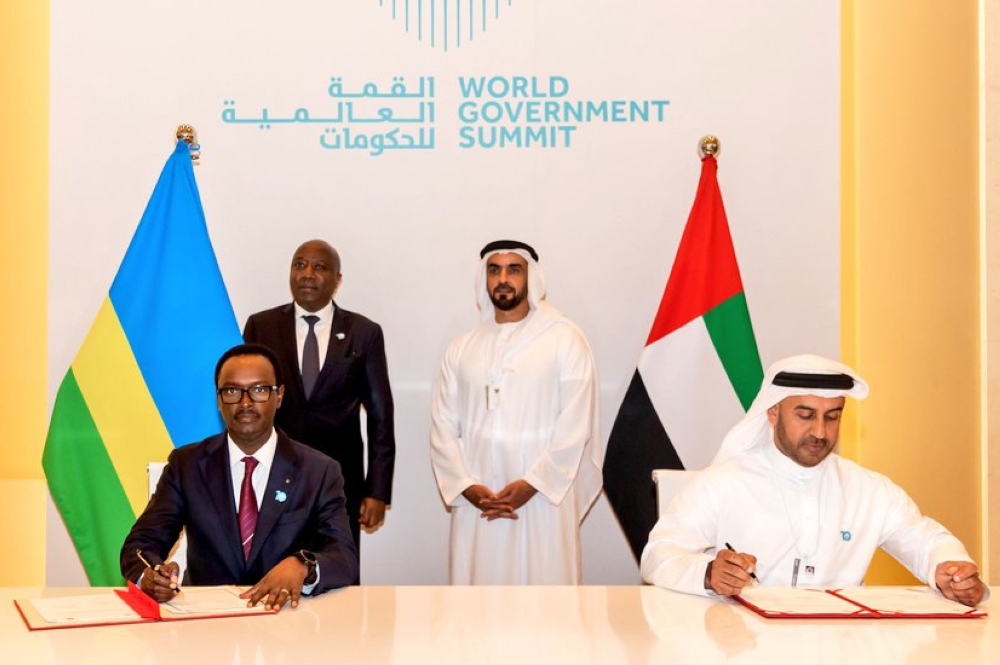The United Arab Emirates (UAE) and Rwanda marked a significant step in their bilateral relations with the inaugural session of their Joint Economic Committee on March 8th, 2024, held in Kigali, Rwanda's capital. The Committee, co-chaired by Noura Al Kaabi, UAE Minister of State, and Vincent Biruta, Rwandan Minister of Foreign Affairs and International Cooperation, signifies a strategic commitment to fostering deeper cooperation across a wide range of sectors.
The meeting served as a platform to explore potential avenues for collaboration in areas of mutual interest, including industry, energy, education, and, notably, space technology. This comprehensive approach reflects the ambitions of both nations to leverage their unique strengths for mutual benefit.
The UAE, a regional powerhouse with a diversified economy, brings its expertise in industrial development, particularly in advanced manufacturing and logistics. Rwanda, on the other hand, has emerged as a leader in technological innovation and entrepreneurship in Africa. This synergy presents exciting prospects for joint ventures and knowledge exchange in these domains.
The energy sector was another key focus area. The UAE, a major oil producer, is actively transitioning towards a more sustainable energy mix. Rwanda, with its commitment to renewable energy sources, could benefit from the UAE's experience in solar and other clean energy technologies. Collaboration in this sector could contribute to Rwanda's ambitious goals for clean energy access and pave the way for the UAE to further its sustainability initiatives.
Education was also high on the agenda. Both countries recognize the importance of investing in human capital for long-term development. The UAE, with its world-class universities, could partner with Rwanda to enhance its educational infrastructure and curriculum development. This exchange could foster a future generation equipped with the skills needed to thrive in the knowledge economy.
Perhaps the most intriguing area of potential collaboration lies in space technology. The UAE has made significant strides in its space program, launching its first lunar mission in 2022. Rwanda, with its burgeoning tech sector, is eager to explore the potential of space applications for development purposes. A partnership could see them working together on projects utilizing satellite technology for agricultural monitoring, disaster management, and telecommunications advancements, particularly in remote areas of Rwanda.
Beyond these specific sectors, the Joint Economic Committee also highlighted a commitment to collaboration in environment, human resources, culture, and youth development. This holistic approach signifies a long-term vision for a multifaceted partnership that extends beyond economic pursuits.
The inaugural session of the Joint Economic Committee marks a new chapter in UAE-Rwanda relations. By fostering collaboration across a diverse range of sectors, both nations stand to gain significantly. The potential for knowledge exchange, joint ventures, and capacity building holds immense promise for propelling their respective development agendas. The success of this partnership will be closely watched, not only for its bilateral implications but also as a potential model for South-South cooperation in the years to come.

